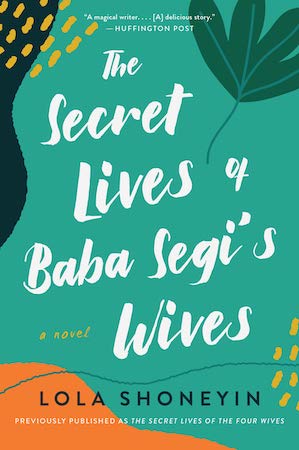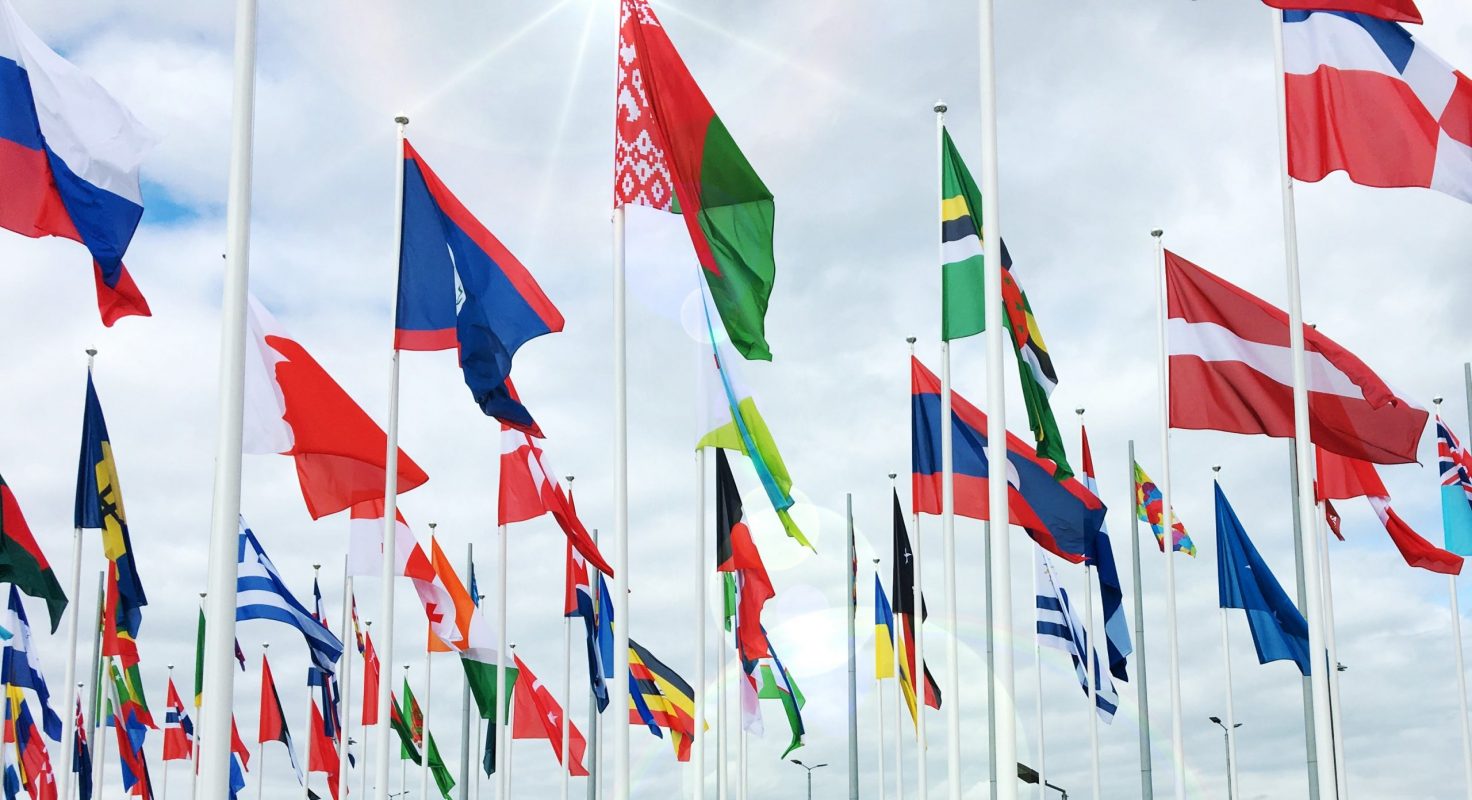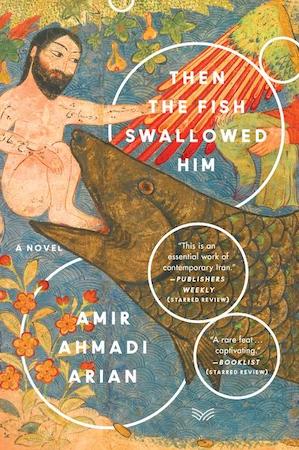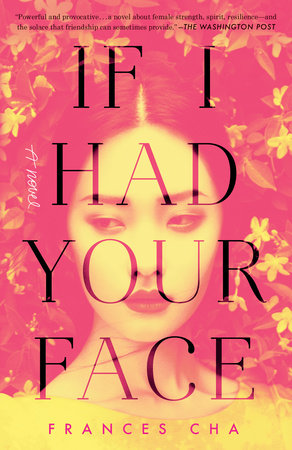Literary translators are the often overlooked heroes of literature. As an Egyptian who is not as fluent in Arabic as I am in English, there are novels written about my homeland that I wouldn’t have been able to read and finish if they had not been translated into English, not least of which are the works of the great Naguib Mahfouz.
Though I read translated novels frequently, as a result of globalization, there’s an increasing number of novels written in English about cultures from around the world, most of them penned by a bilingual local author. Such novels are different from literary translations, but they are a joy of their own. For one, the reader gets to witness the author doing a sort of translation themself: translating the local language, dialogue, culture into English despite the sometimes quite limited reach of the language. This is something I did with my own novel, Cairo Circles. The English is also oftentimes different from the English of native speakers, not in terms of quality, but diction, cadence, and even sentence structure, which is a thing to celebrate. As Chinua Achebe wrote in The African Writer and the English language: “Can [the African writer] ever learn to use English like a native speaker? I should say, I hope not. It is neither necessary nor desirable for him to do so.”
I seek out such novels and enjoy reading them just as I do with translated works, so here are eight novels from around the world written in English.
Iran
Then the Fish Swallowed Him by Amir Ahmadi Arian
Set in a present-day Iran prison, Arian’s first novel in English is a brilliant portrait of the way injustice, oppression, and dictatorship can be so brutal and merciless that it causes us to turn on ourselves.
South Korea
If I Had Your Face by Frances Cha
While Cha’s debut novel offers a grim and disturbing look into the inequality, consumerism, and impossible beauty standards that four women in modern South Korea are subject to, it has just as much to say about the importance of friendship and love in the face of such forces.
Lebanon

De Niro’s Game by Rawi Hage
Hage’s novel follows a young man’s experience of Lebanon’s civil war (1975-1990) with writing that is so intimate and honest—it leaves you regretting the war yourself, though you had nothing to do with it.
Ethiopia
Beneath the Lion’s Gaze by Maaza Mengiste
Mengiste’s debut novel is a brilliant exploration of the way family, love, and friendship can be challenged, tested, and forever changed by political upheaval and instability.
The Dominican Republic
In the Time of the Butterflies by Julia Alvarez
Set during the waning years of the Trujillo dictatorship in the Dominican Republic, Alvarez’s novel follows the story of four revolutionary sisters whose courage comes at great expense, though you never get the sense that it wasn’t worth it.
India
The Color of Our Sky by Amita Trasi
This incredibly imaginative debut novel follows Mukta, the child of a prostitute in Mumbai, and Tara, a young woman who’s never known poverty. It forces the reader to reconsider the romanticized notions we have about destiny and points them to all the ways it can be used to justify injustice.
Cuba
Dreaming in Cuban by Cristina Garcia
This dreamy and magical novel follows several generations of a Cuban family divided by the Cuban revolution. Though it leaves the reader nostalgic and lamenting what might have been, it does well in capturing the nuance and beauty of 20th-century Cuba.
Nigeria

The Secret Lives of Baba Segi’s Wives by Lola Shoneyin
Set in modern-day Nigeria, this debut presents the most delicious, entertaining, and deeply human portrait of polygamy in the developing world that I’ve ever come across—and I’ve consumed my fair share.







